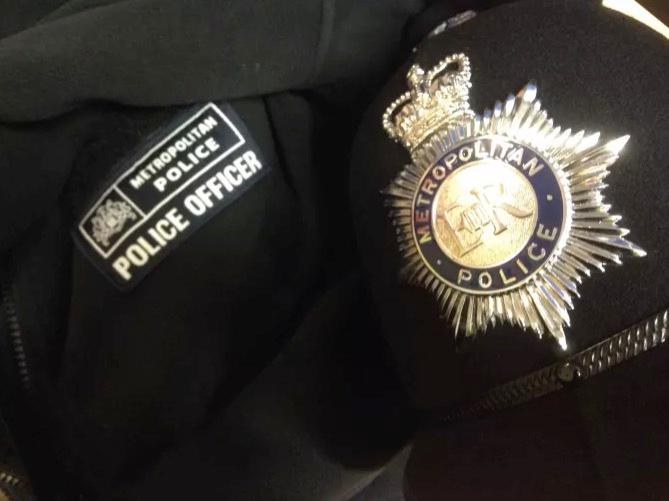Officers from the Metropolitan Police will not attend emergency 999 calls if they are linked to mental health incidents from September to free up officer resources, the force’s commissioner has said.
On Monday, Metropolitan Commissioner Sir Mark Rowley said that police will no longer attend callouts after August 31 unless there is a threat to life.





